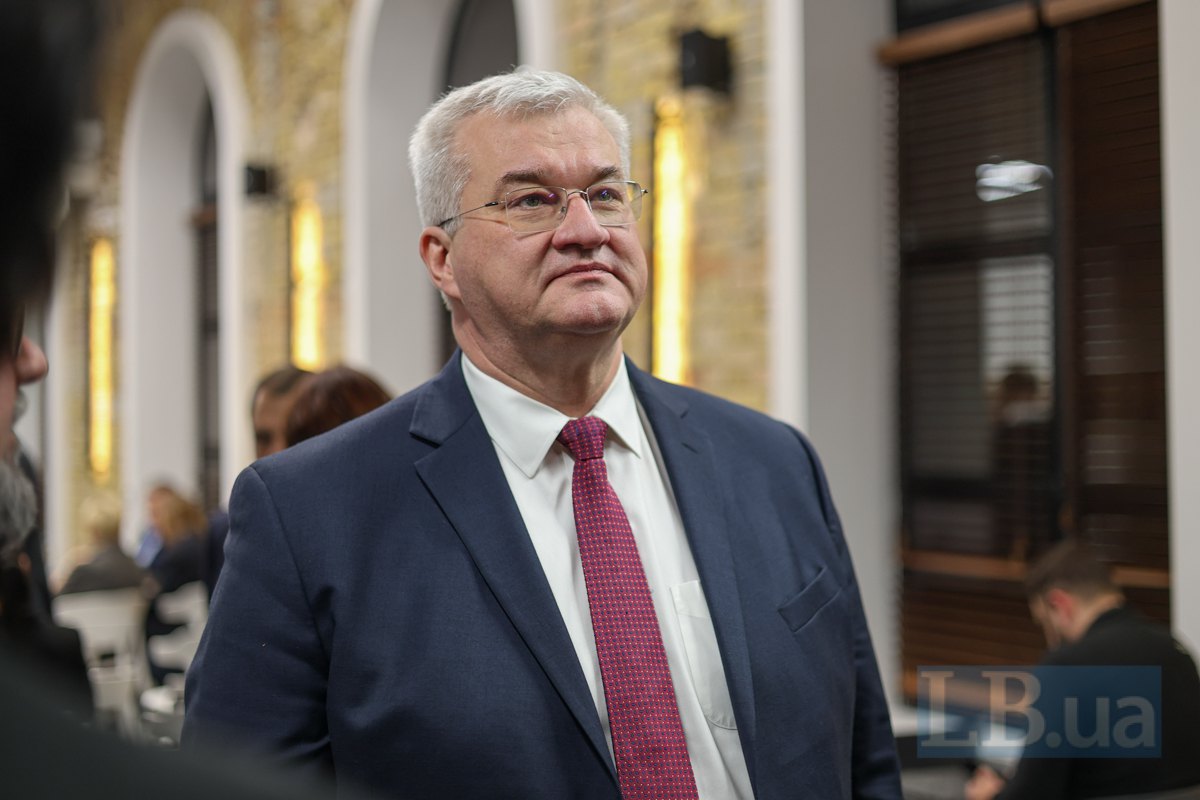
Negotiations with Russia: The position of partners, weapons supply, and NATO invitation
Sonya Koshkina, editor-in-chief of LB.ua: You have been in office for exactly one hundred days, and today’s meeting will begin by reflecting on your initial achievements. After that, we will discuss future strategies. One of your main challenges is, undoubtedly, the prospect of potential peace talks and all related issues.
Ihor Liski, Chairman of the Supervisory Board of EFI Group: What are the current terms for negotiations? Previously, for instance, discussions centred around the 1991 borders. Are there now any clear conditions for starting these negotiations at all?
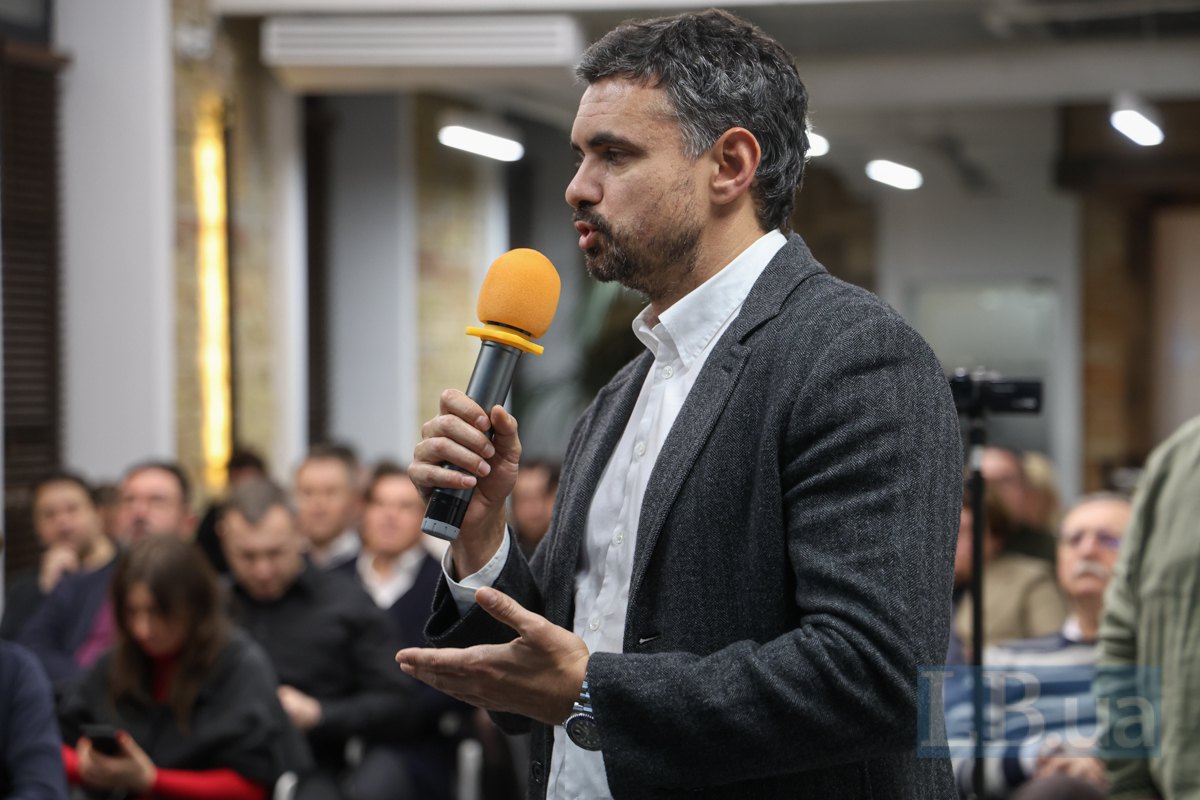
The conditions for negotiations are formed based on our national interests.
Our ultimate goal is to secure a comprehensive, sustainable, and just peace for Ukraine. This terminology is crucial and non-negotiable. It shapes our position and is communicated clearly to our partners because, at present, there are no ongoing negotiations.
There are two interconnected tracks: the battlefield, which influences our diplomatic and foreign policy positions, and the diplomatic track. These tracks are complementary and mutually reinforcing.
Diplomacy must do everything in its power to bring Ukraine closer to achieving this just, comprehensive, and sustainable peace. This is why Ukraine, under the leadership of President Zelenskyy, initiated the Peace Formula. It was our diplomatic effort to unite the world. Ukraine, more than any other country, desires peace — unlike Russia.
I vividly recall the first hours and days of the full-scale Russian invasion. The so-called “conditions” imposed on Ukraine at the time were not conditions at all but ultimatums demanding surrender. That stance from Russia has not changed. Therefore, our focus today is on how to compel Russia to negotiate, how to raise the cost of its continued aggression.
Each of these challenges requires specific measures to address them, such as inviting Ukraine to join NATO, implementing a deterrence package to ensure our strength on the battlefield, and ensuring every soldier receives the support they need right now. This includes lifting all restrictions on the use of weapons — particularly long-range systems.
Resilience is also critical — across all domains: economic, social, humanitarian, and macro-financial. All these elements collectively shape our negotiating position. It is a comprehensive strategy that cannot be viewed in isolation.
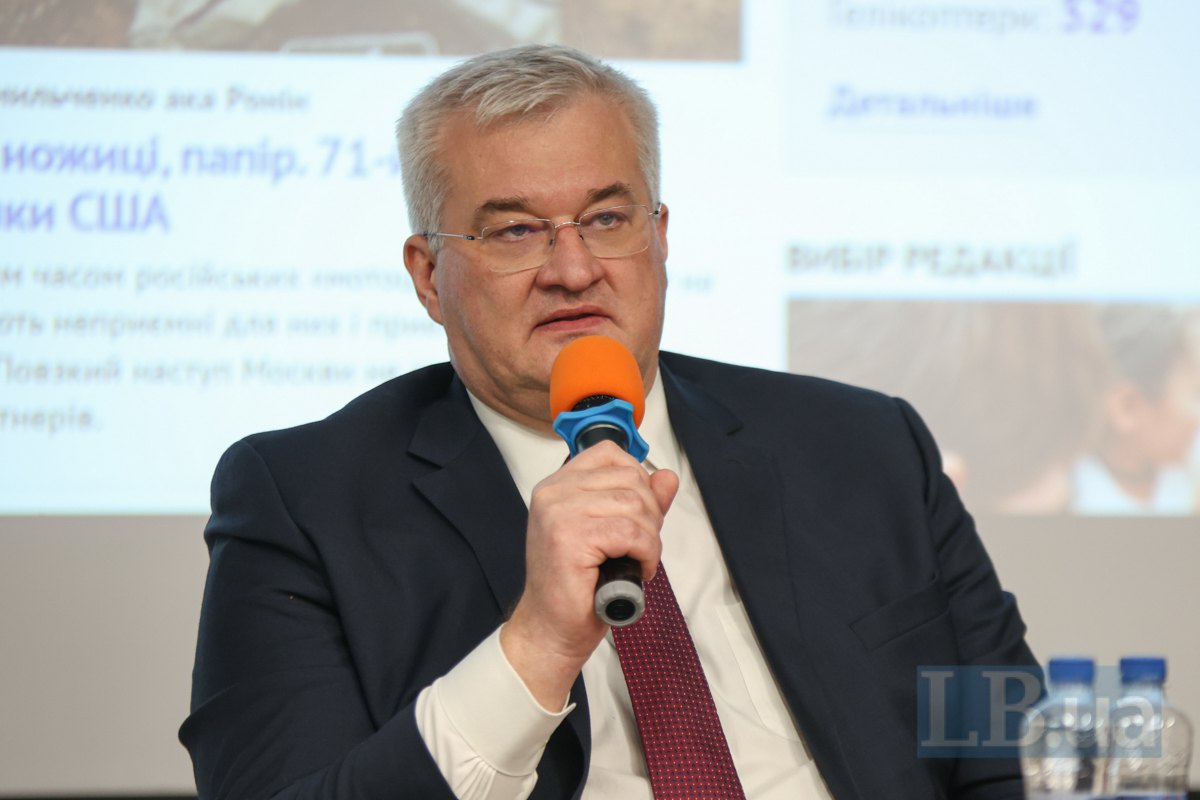
After the first Peace Summit, we secured the support of like-minded countries for principles such as respect for territorial integrity and sovereignty, adherence to international law, and the UN Charter. However, it is crucial to note that the first Peace Summit was not a negotiation platform. Instead, it was an event designed to consolidate the shared positions of like-minded nations. By leveraging the unity of the international community, we can strengthen our stance in any potential negotiations with Russia.
Yes, Ukraine is prepared to invite Russian representatives to the Second Peace Summit. Following the outcomes of the First Summit, we will continue efforts to organise events focused on each specific point of the Peace Formula.
Sonya Koshkina: As you mentioned, Ukraine’s negotiating position with Russia includes four core elements: uncompromising respect for territorial integrity, strict adherence to the principle of “Nothing about Ukraine without Ukraine,” NATO membership, and the removal of restrictions on long-range weaponry. How do our allies view these demands? What are their arguments for or against?
Our allies support and share our approaches. The primary question remains: how to compel Russia.
Sonya Koshkina: I would argue that this is the most critical question.
The role of the diplomatic service is to provide compelling arguments to key capitals that align with our shared principles, thus reinforcing Ukraine’s position.
In my view, the principle of “Nothing about Ukraine without Ukraine” is unequivocally understood and accepted.
There is also no room for compromise when it comes to Ukraine’s territorial integrity, sovereignty, or security. These principles are firmly supported by our allies.
Today, Ukraine is at the heart of geopolitical processes that will shape the security architecture for decades. There is a growing recognition of the indivisibility of Ukraine’s security from transatlantic security. A robust transatlantic security framework cannot be achieved without Ukraine’s membership in NATO. This understanding is becoming increasingly evident.
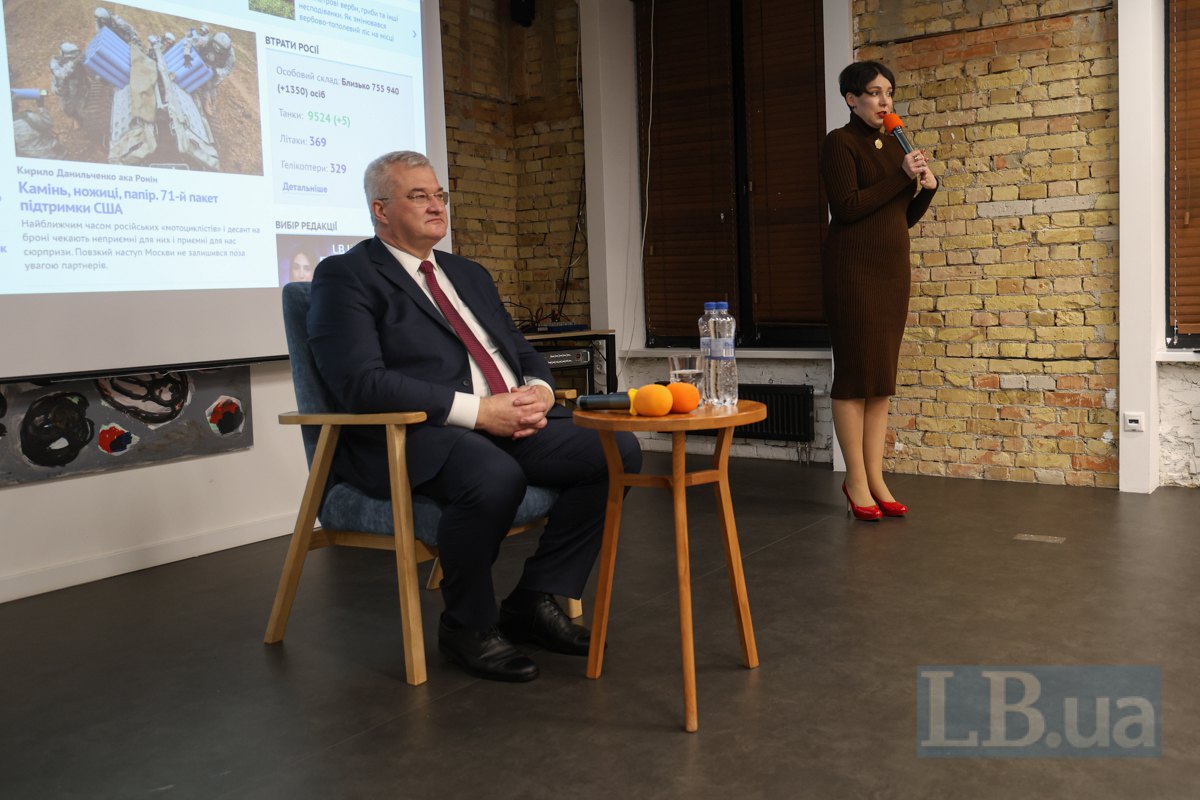
Sonya Koshkina: At least four of our allies — the United States, Germany, Slovakia, and Hungary — are against Ukraine’s invitation to NATO. What arguments can we use to convince them?
I wouldn’t say the list is that extensive or that these countries are outright against it. Instead, we are dealing with what I’d call “sceptical” capitals. This is accurate.
We also understand the positions of these countries if a specific decision were required. As Foreign Minister, my first visits were to neighbouring countries, focusing on fostering a good-neighbour policy. My goal was to demonstrate that we are not afraid to address the most challenging issues in our bilateral relations. I visited Bratislava, Budapest, Bucharest, Warsaw, and Chisinau. We maintain an ongoing dialogue with these capitals, including on the most difficult matters.
Sonya Koshkina: I’ll reiterate: the most difficult issue is how to force Putin to the negotiating table. President Zelenskyy has said that he personally stressed this in conversations with Macron and Trump, noting that Putin fears Trump — perhaps slightly China as well. How can we compel him? Because he has the capacity to fight for a long time. What needs to happen for the Kremlin leader to agree to negotiations? What should our partners do?
A highly effective tool is a robust and continually strengthened sanctions policy. While Russia has found ways to evade some sanctions, the overall sanctions framework remains in place. Therefore, it is essential to continue reinforcing these measures.
We are hopeful that the 15th sanctions package will be adopted soon, focusing specifically on curbing Russia’s shadow fleet. Future measures should target sectoral sanctions, including the steel industry. For example, the European Union still imports significant volumes of steel products from Russia. The banking sector is another priority. We welcome the United States’ recent decision to impose sanctions on this sector.
Additionally, we are closely monitoring the surge in trade through third countries that have not imposed sanctions on Russia, particularly in dual-use goods. I believe we are effectively addressing this issue, utilising the resources and tools of our international partners.
Another critical lever is frozen Russian assets. We aim to shift the approach from merely freezing these assets to confiscating them. These funds should be used to compensate Ukraine for the damage caused by Russia, to purchase weapons, and to finance reconstruction efforts. Our allies agree that this is a fair approach. Consequently, we will prioritise strengthening this aspect of our diplomatic efforts.
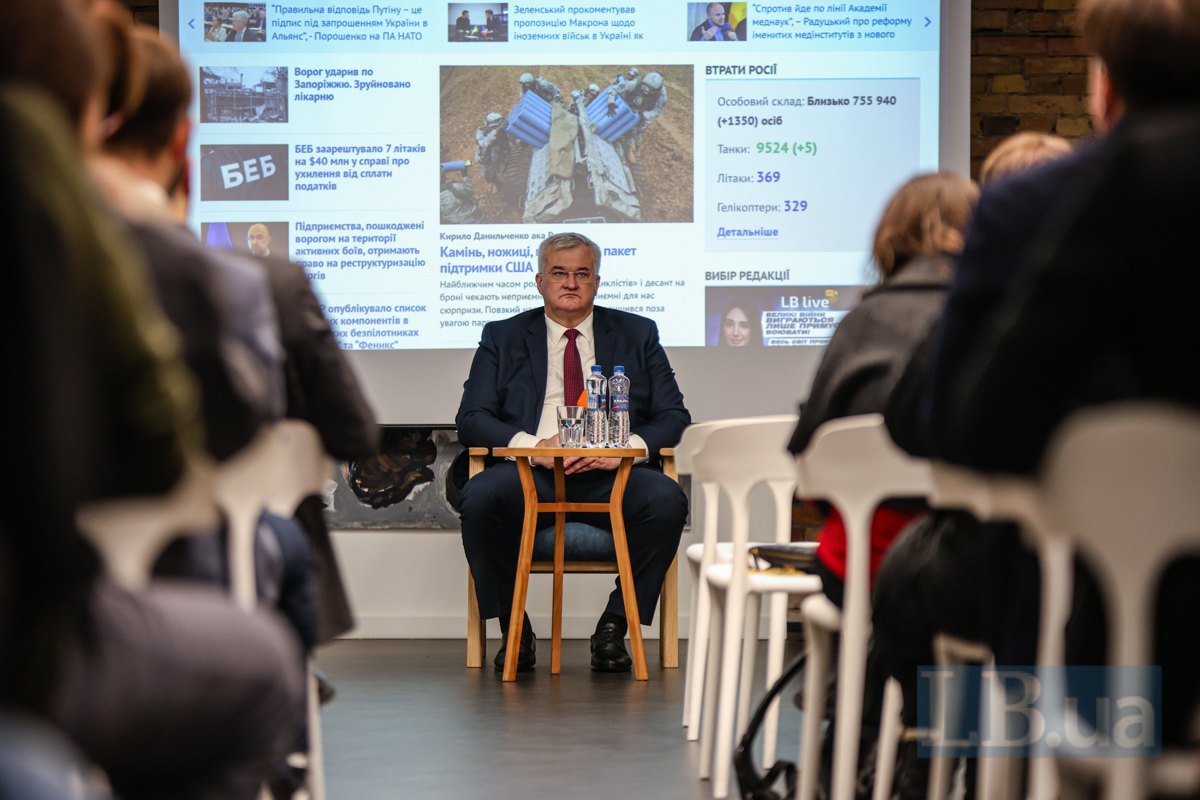
Sonya Koshkina: This is all true, but sanctions and frozen assets take time — time that we don’t have.
These measures are effective and deliver both immediate and long-term results. Therefore, they must be applied comprehensively to raise the cost of aggression for Russia while simultaneously increasing Ukraine’s resilience, capabilities, and negotiating strength.
We are also making the most of the current US administration’s support. Over the past two to two and a half months, I’ve had three face-to-face meetings with Secretary Blinken and four telephone conversations. Significant progress has been made in accelerating arms deliveries by the end of the year. We now have a clear understanding of the volume and types of weapons to be provided.
In addition, we are working on other important steps to solidify support.
Sonya Koshkina: A week ago, you urgently called on allies to transfer 20 air defence systems to Ukraine. Is there any response yet?
Strengthening Ukraine’s air shield remains a fundamental priority.
The urgency of this request stems from the latest wave of massive Russian missile strikes, which targeted nuclear power facilities, among other strategic sites. We have identified 20 critical facilities across various industries that require protection to prevent catastrophic consequences or minimise the impact of potential strikes. To this end, we urgently need 20 additional air defence systems, such as NASAMS, HAWK, and IRIS-T.
This issue was central during a recent meeting of NATO foreign ministers, where I was invited. Secretary General Mark Rutte directed discussions among our NATO allies on this matter. We are now eagerly awaiting swift decisions regarding these systems’ supply.
In response to the recent strikes, we acted immediately through political and diplomatic channels. We contacted the IAEA and convened a special meeting of the UN Security Council, followed by initiating a meeting of the IAEA Board of Governors. These efforts prompted appropriate reactions at the IAEA leadership level. Additionally, we called for a special OSCE meeting and issued relevant bilateral statements. I also had key discussions with ministers of the G7.
Ultimately, the most adequate response to these attacks would be concrete decisions on supplying additional systems. Both the President and I continue prioritising this issue in every conversation with our allies.
Sonya Koshkina: Recently, the Ukrainian government stated that we categorically refuse any security guarantees other than NATO membership. Let’s consider a scenario where we don’t receive an invitation to join NATO, but we’ve already rejected alternative guarantees. What happens then? What is plan B?
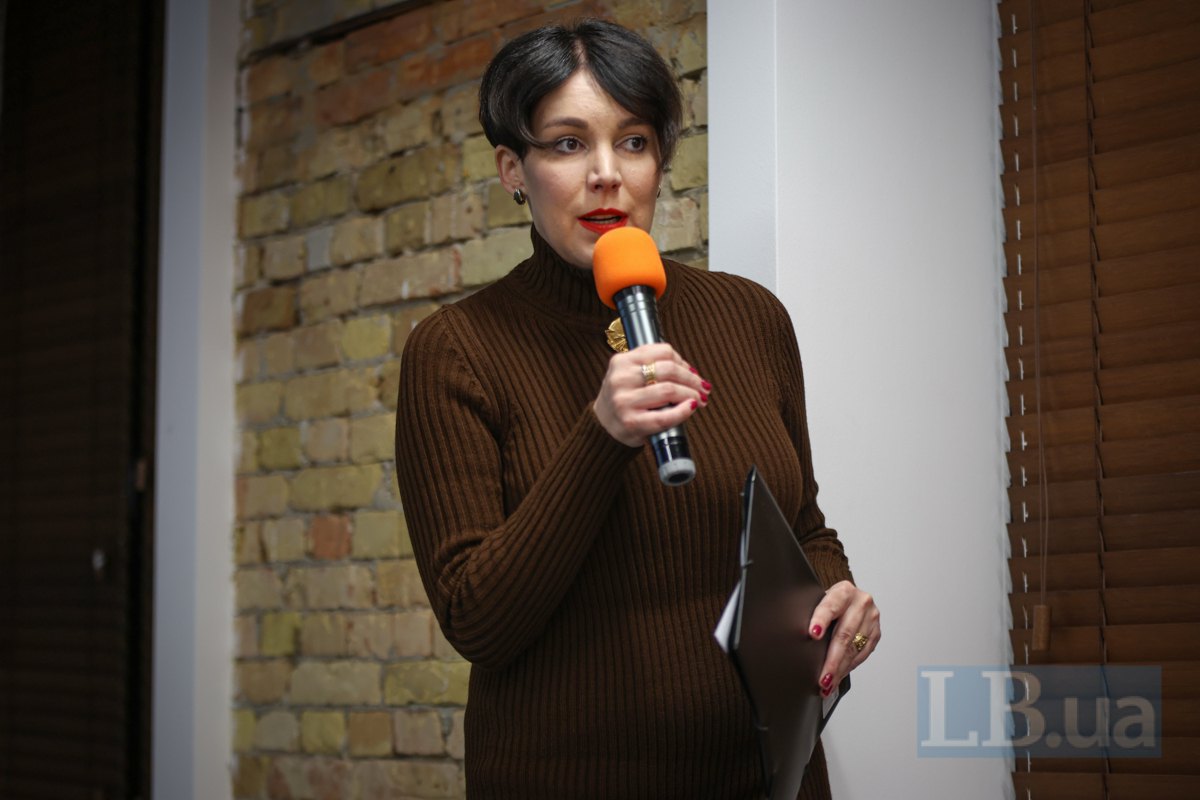
Our responsibility is to work tirelessly to ensure Ukraine’s membership in NATO.
When preparing for the recent NATO foreign ministers’ meeting, my team and I brought the text of the Budapest Memorandum with us. The meeting coincided with the thirtieth anniversary of this so-called “document.” I hesitate to even call it that because it utterly failed in its purpose — providing security guarantees to Ukraine. It failed to protect our territorial integrity and sovereignty. Such mistakes must not be repeated. This is why NATO membership remains the only truly effective guarantee for Ukraine.
However, NATO membership is a process — a journey. Along this path, we welcome any interim measures by our allies that strengthen Ukraine. This includes an invitation to NATO, which remains on the agenda, as well as the security agreements we have signed with 27 countries. These agreements outline specific commitments, ranging from military support to macro-financial assistance.
Why are these agreements significant? Developing them has involved creating specialised working groups for each area. This strategic approach allows us to plan effectively, with clear funding figures outlined in each agreement. It also enables us to allocate our budget more efficiently, focusing on other priorities once we have confirmed support from our partners for specific programmes.
Another crucial element in strengthening our position is the development of Ukraine’s own defence sector. We must aim for greater self-sufficiency and reduce reliance on our partners for critical weapons supplies. This initiative is already in progress, and I believe we have reached a pivotal moment in how our allies perceive this effort. There are already positive examples of direct funding by our partners to support Ukraine’s defence industry.
Maryna Syngayivska: Mr Minister, last week the media published details of a conditional peace plan reportedly prepared by Trump’s advisers. In every scenario outlined, they propose not accepting Ukraine into NATO. If Ukraine is not accepted into NATO — or if this decision is postponed for decades — is there any alternative, such as another defence alliance? Has Ukraine considered or discussed the creation of a new defence alliance?
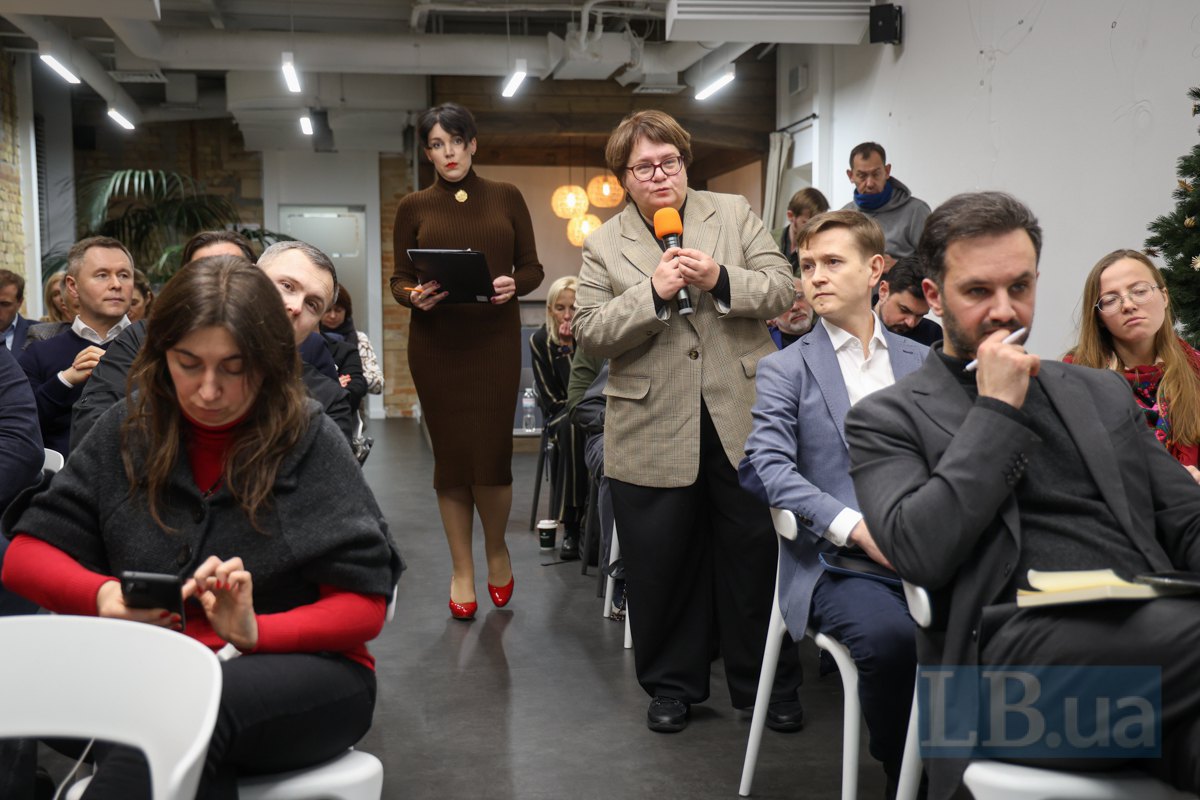
Official positions and proposals may only surface after 20 January. For now, we must approach any documents, non-papers, or ideas circulated in the media with caution and without unnecessary emotion. Such statements are tests of reactions — both from the world and from Ukraine. Our response must be firm, as our strategic goal remains unchanged: Ukraine’s membership in NATO. This objective underpins the philosophy of our Peace Formula and Victory Plan.
Ihor Burakovskyy: If Russia participates in the Second Peace Summit, in what capacity would it be invited? As an aggressor country to be punished? As a partner in building a security system? Or under some other pretext?
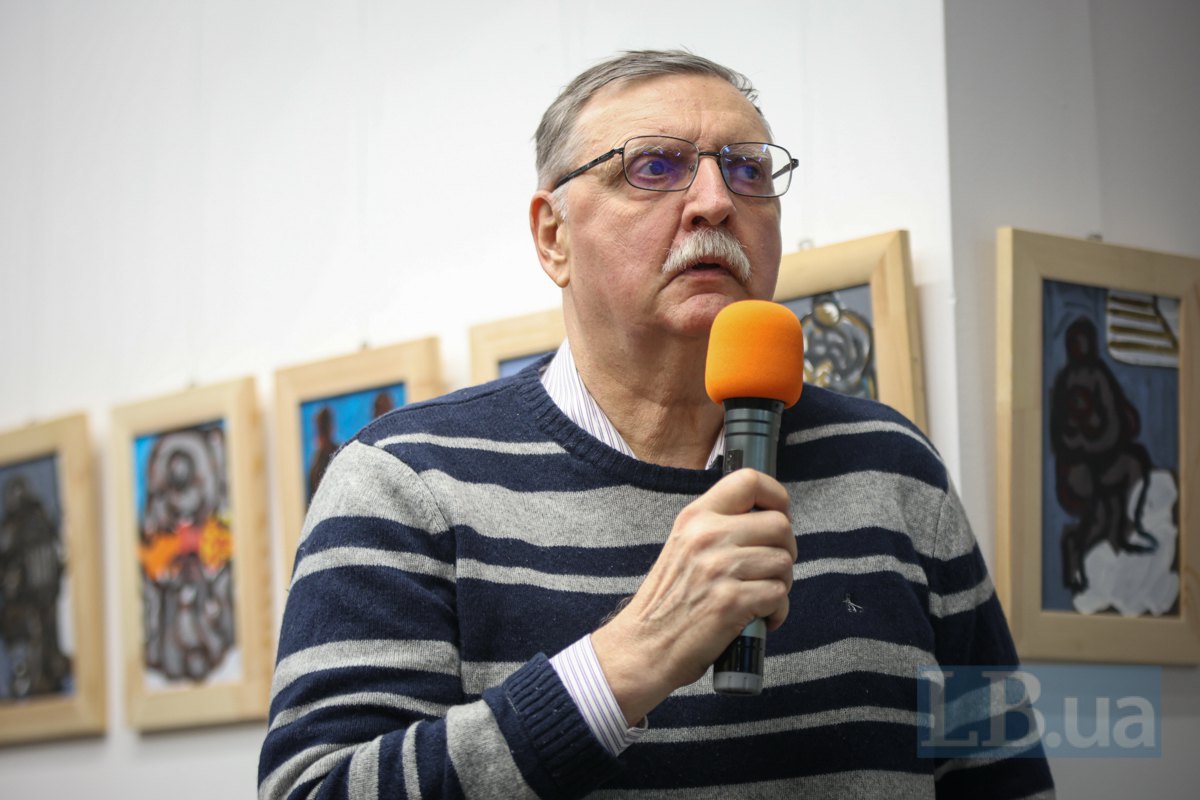
Ukraine’s position is unequivocal: the defender and the aggressor cannot be seen as equals or treated on the same level.
Let me draw a parallel to the Minsk process, during which over 200 negotiations took place. None of them produced the desired outcome. That is why Ukraine’s Peace Formula focuses on consolidating global support for our country, particularly on key principles such as territorial integrity, sovereignty, and the restoration of justice. These are fundamental elements of a just peace for Ukraine.
Petro Andryushchenko: Mr Minister, a straightforward question: do you believe peace will come to Ukraine on 21 January?
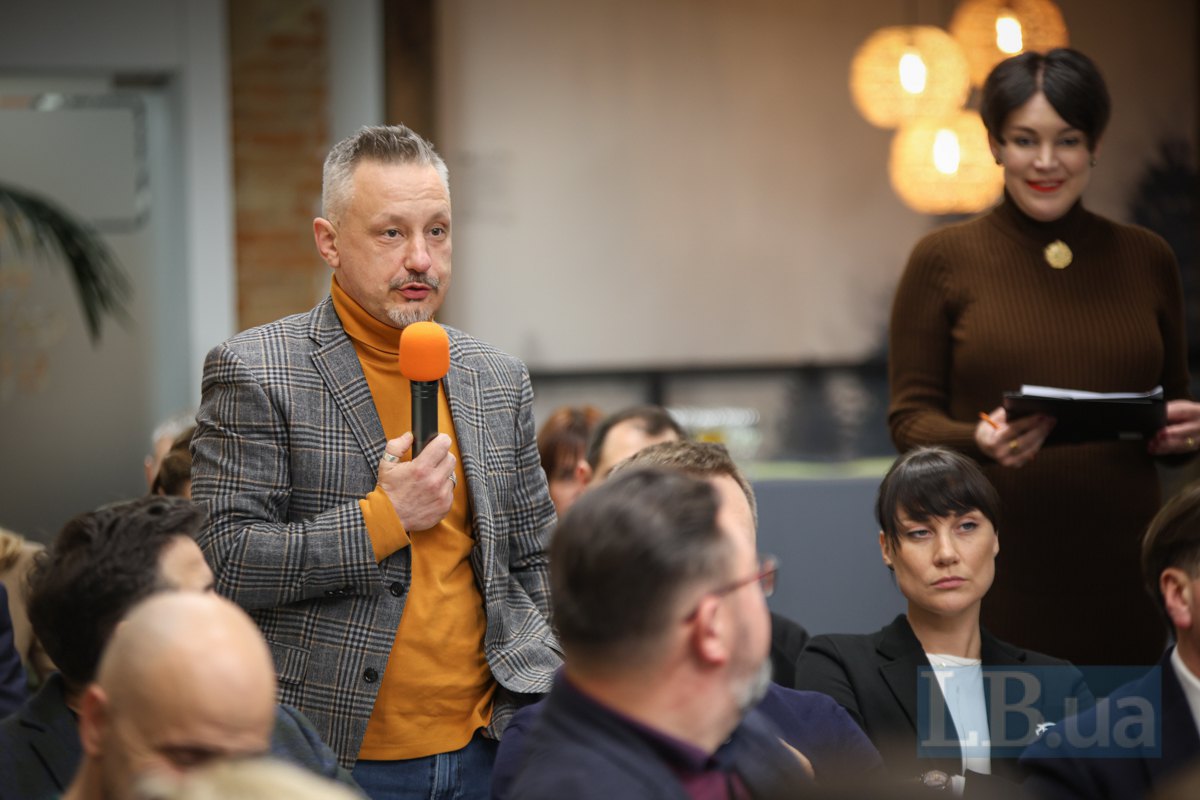
Do you truly think this is a simple question? I firmly believe that we will gain additional chances and opportunities to achieve a just peace for Ukraine.
Mykyta Poturayev, MP, Servant of the People: I’ve stopped mentioning the Budapest Memorandum, the Helsinki Act, or the UN Charter when speaking to foreign officials — they’re tired of hearing about them. So, what should we emphasise in our communications with partners?
Russian aggression is not limited to Ukraine; it has triggered global crises in nuclear security, food security, and energy, each with far-reaching consequences.
There is a shared understanding among our allies that a just, lasting, and sustainable peace in Ukraine will contribute significantly to restoring the rule of law and the principles of international law. If the world seeks a secure future, it must help Ukraine achieve a just peace — not only for Ukraine’s sake but for the benefit of all.
On a bilateral level, we present each of our allies with tailored arguments that highlight the specific advantages of their active participation in supporting Ukraine. These targeted discussions allow us to align our mutual interests effectively.
Appointment of ambassadors
Mykyta Poturayev: We are aware that many ambassadorial positions remain vacant in key countries and international organisations. On 5 November, President Zelenskyy stated that appointments would be made soon. What is the current outlook, Andriy Ivanovych?
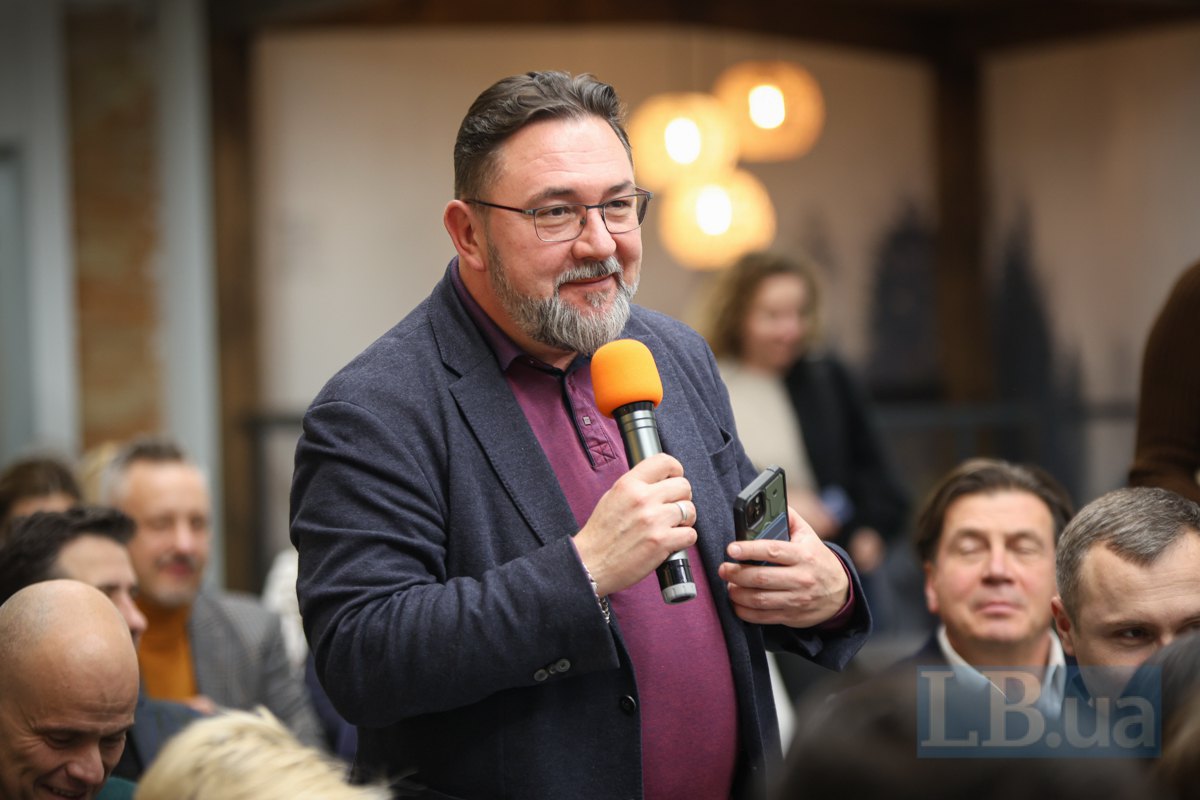
As a former ambassador myself, I can say that every ambassador must be prepared to return home from the day of their appointment. This is part of the responsibility.
Sonya Koshkina: Though, let’s be honest, not all ambassadors return willingly. Just a side note.
The President has prioritised filling these vacancies and replacing certain ambassadors as soon as possible. The process is currently in an active phase, involving all necessary national procedures, including special background checks, interviews, and obtaining agrément from host countries.
Sonya Koshkina: What is the timeline? There are more than 30 key countries — including Belgium, Greece, Moldova, Turkey, and Hungary — that still lack ambassadors.
Candidates for some of these countries have already been identified.
Sonya Koshkina: Which ones?
For Moldova and Belgium, candidates have been chosen. Turkey is still under review, while Greece and Hungary are in the active stages of the selection process.
That said, I want to stress that the absence of an ambassador does not mean the embassy is inactive. Even without an ambassador, our embassies in these countries are diligently carrying out their diplomatic responsibilities.
As for naming the appointees, it’s not the right time to disclose specifics. However, by the end of the year, we anticipate being able to announce the names.
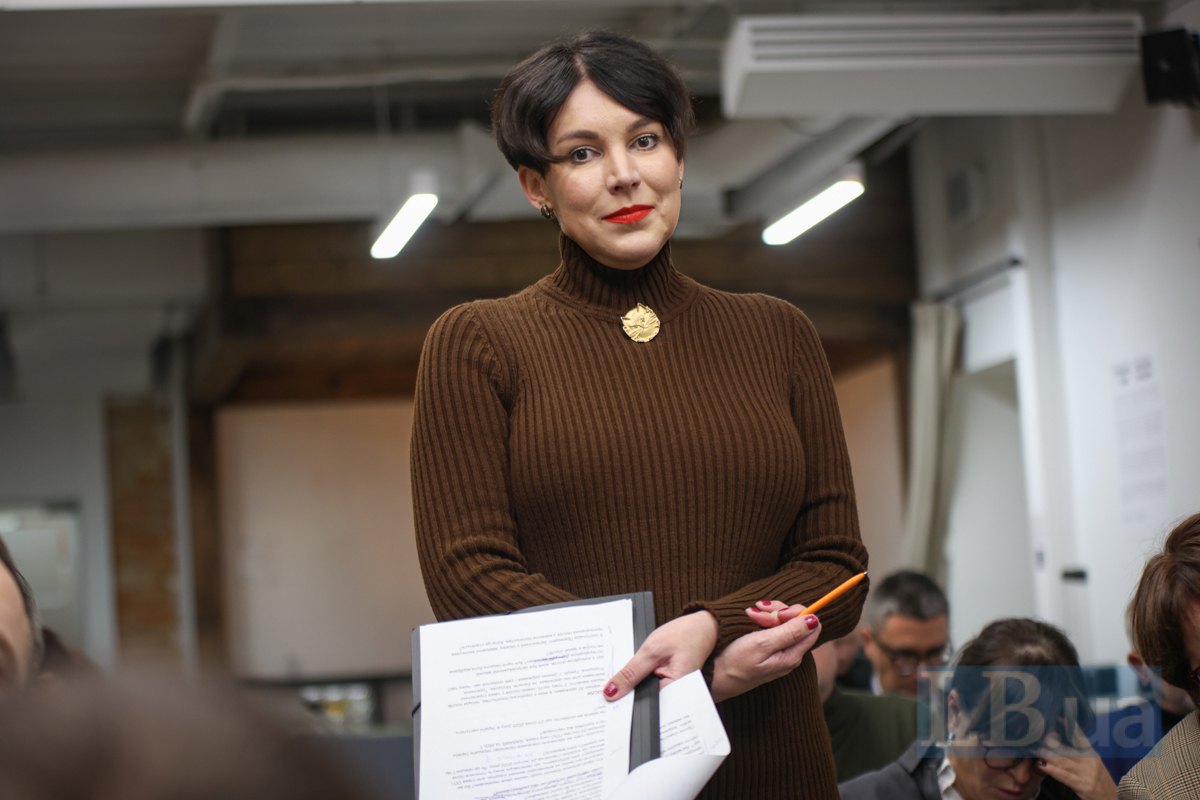
Sonya Koshkina: Will these candidates have enough time to complete the special vetting process by the end of the year?
At this stage, we are in the process of identifying candidates. For many capitals, the procedures have already begun, while for others, we are still finalising potential appointments.
Sonya Koshkina: You mentioned Moldova specifically. However, President Zelenskyy previously announced Oleksiy Danilov as a candidate. Why hasn’t this been formalised yet? Or will another person be appointed?
As I’ve mentioned, it would be inappropriate for me to disclose who will be appointed to any specific capital until we have officially received the agrément. By the end of the year, though, I believe several names will be publicly confirmed.
Sonya Koshkina: And what about Hungary? Your predecessor mentioned that Fedir Shandor, the “professor from the trenches,” would be appointed there, but no progress has been made.
We are prioritising appointments to G7 countries, then G20, followed by neighbouring capitals. For instance, Vasyl Bodnar, a highly capable ambassador, has already been appointed to Warsaw. If we have strong candidates for other posts, the process will move forward more quickly.
Sonya Koshkina: Are we planning a complete reshuffle of ambassadors in the G7?
If deemed necessary, yes.
Sonya Koshkina: What about the United States?
I was surprised you didn’t ask about that first. (Laughter from the audience.)
Look, the appointment of an ambassador is the President’s prerogative. Every ambassador must always be prepared for both appointment and recall.
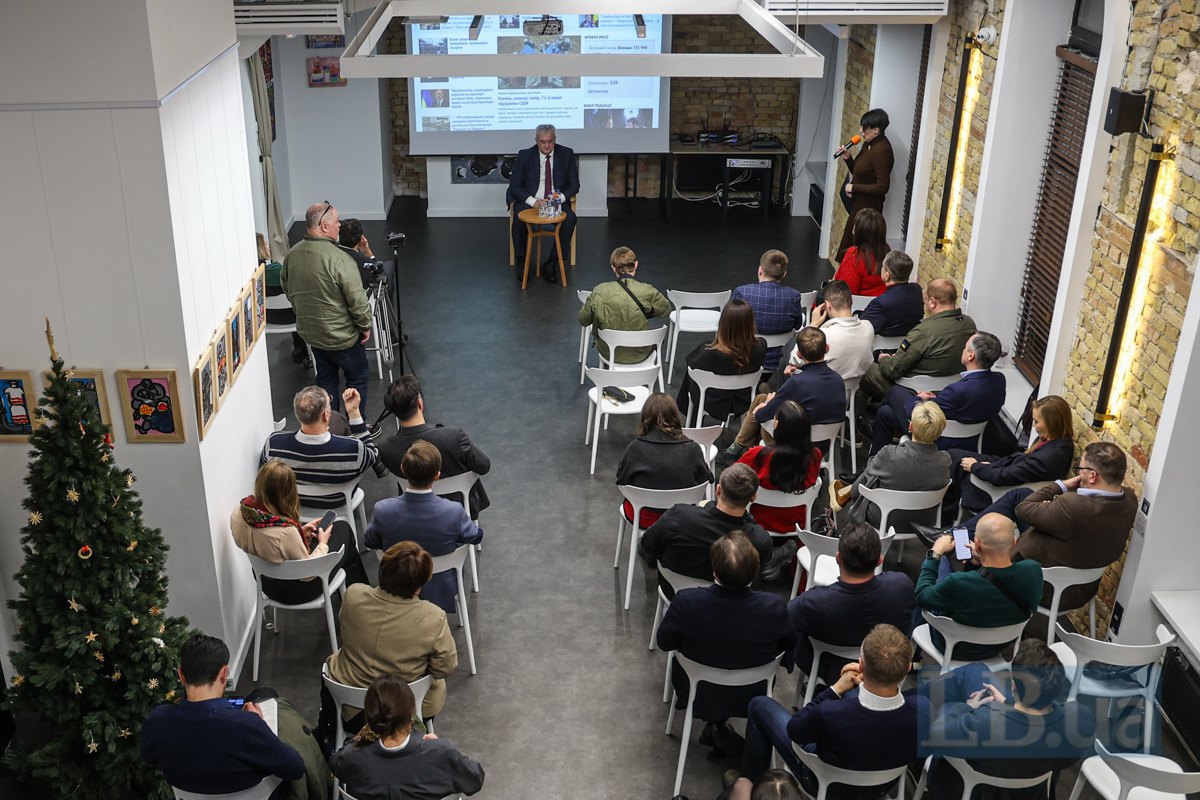
Sonya Koshkina: Are we going to change the US ambassador or not?
Let’s wait until all the decisions are finalised, and then everything will become clear.
Sonya Koshkina: So, nothing is clear yet. Moving on — what about the candidates for ambassadors to the OSCE and the IAEA?
There is already clarity on those appointments.
Sonya Koshkina: This is not about specific individuals but about institutions. For instance, Mr Kostin, the former head of the Prosecutor General’s Office, was mentioned as a potential candidate for ambassador to the Netherlands. Simultaneously, there has been talk of creating a special body at the ICC to address Ukrainian issues. Will this special body be established and developed, or not?
At this stage, the capacity and capabilities of our embassy in the Netherlands are sufficient to maintain effective collaboration with the ICC. There is no need to discuss creating any additional institutions at this time.
Artem Shaipov: Following up on President Zelenskyy’s remarks about the Resilience Plan, he mentioned the reform of the diplomatic service. What is your vision for these reforms, and what role could the Diplomatic Academy play in strengthening the diplomatic service?
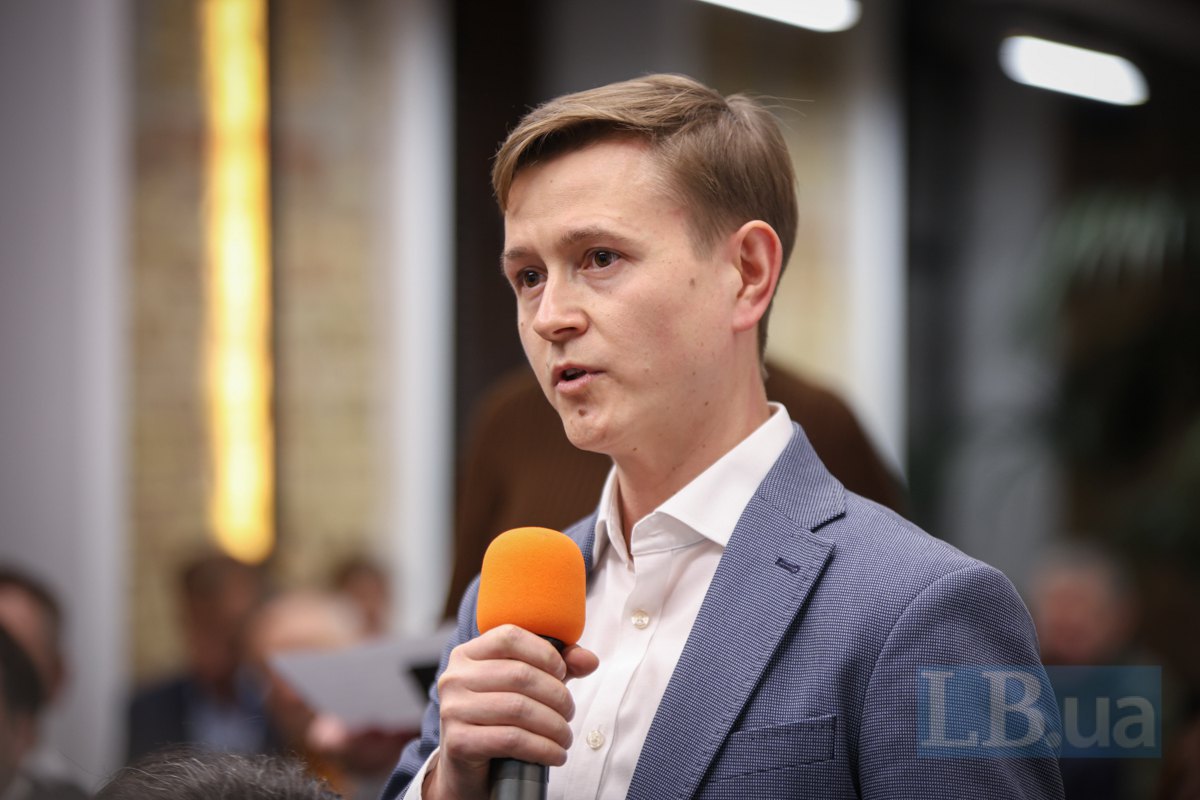
We absolutely deserve a strong, capable, and modern diplomatic service. I am committed to making it so — an institution that not only attracts young, talented people but also effectively carries out its critical tasks. For that to happen, there must be a complete set of elements in place: professionalism, deep knowledge of regional dynamics, a strong material and technical base, and, above all, motivation.
Motivation is particularly crucial. Our diplomats need to feel that they are integral to shaping history and advancing the national interests of Ukraine. This sense of purpose must be coupled with the tools and resources to succeed.
As Minister, I have already renewed the leadership team and appointed new deputy ministers. The next phase of reform will focus on overhauling the central apparatus of the ministry. This effort, undertaken in close collaboration with the newly appointed deputies, will adapt our diplomatic institutions — both at home and abroad — to the realities of war. Every aspect of our diplomatic system must align with achieving a just peace and bolstering Ukraine’s resilience.
From ambassadors to attachés, everyone in our diplomatic service should have a comprehensive understanding of key issues, including military capabilities and weaponry. In some cases, our ambassadors and military attachés already possess a deeper awareness of these matters than their local counterparts in host countries. This level of expertise and preparedness must become the standard.
The Diplomatic Academy has a central role in this transformation. My vision is to equip it with the capacity not just for training, but for full-scale education of diplomats, including those at the highest ranks. Its programmes must reflect the geopolitical realities we face today, preparing diplomats to operate effectively in a complex and ever-changing global environment.
This will require revising and updating its curriculum, possibly introducing new master’s-level programmes, and reinforcing its position as a centre of excellence. Strengthening this institution is a priority for me, as it directly contributes to building the future of Ukraine’s diplomacy.
The US and Europe. Membership in the EU
Mykhaylo Radutskyy, MP, Servant of the People: A year ago, Charles Michel proposed the creation of a European Defence Union as a “good addition” to NATO and the Euro-Atlantic Union. To what extent is this idea still relevant today, or has it been forgotten?
And a second, smaller question: You have just returned from Europe, from a meeting of NATO foreign ministers. How much were they actually (or not) frightened by Oreshnik?
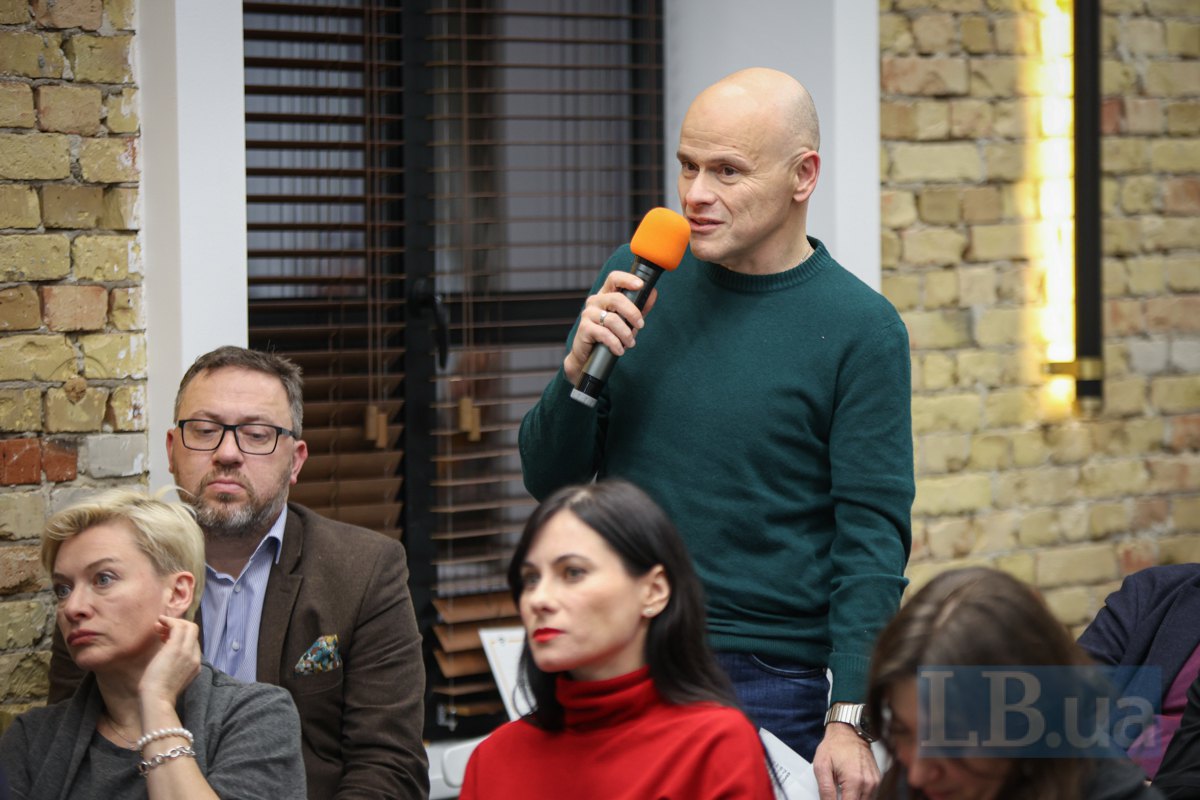
I will start with the strike with an experimental medium-range missile. I believe that this was an element or signal aimed at Western society. Blackmail and intimidation on the eve of important international events. Therefore, this strike should be perceived primarily through this prism.
About Europe. It seems to me that European leaders are increasingly aware of the need for greater self-sufficiency and strengthening of their own defence capabilities. This is also reflected in the increased defence spending of specific countries. I think this discussion will continue to evolve: we are entering a historical period when European defence capabilities as a whole and those of individual European countries will be built up against the backdrop of the threats we are facing today.
Roman Tsymbalyuk, journalist: The inclusion of a clause to replace American troops with Ukrainian ones in the Victory Plan reflects our strategic understanding of the evolving security landscape. While some interpret this as tailored for specific audiences, such as Donald Trump, it also underscores Ukraine’s role as a reliable security partner.
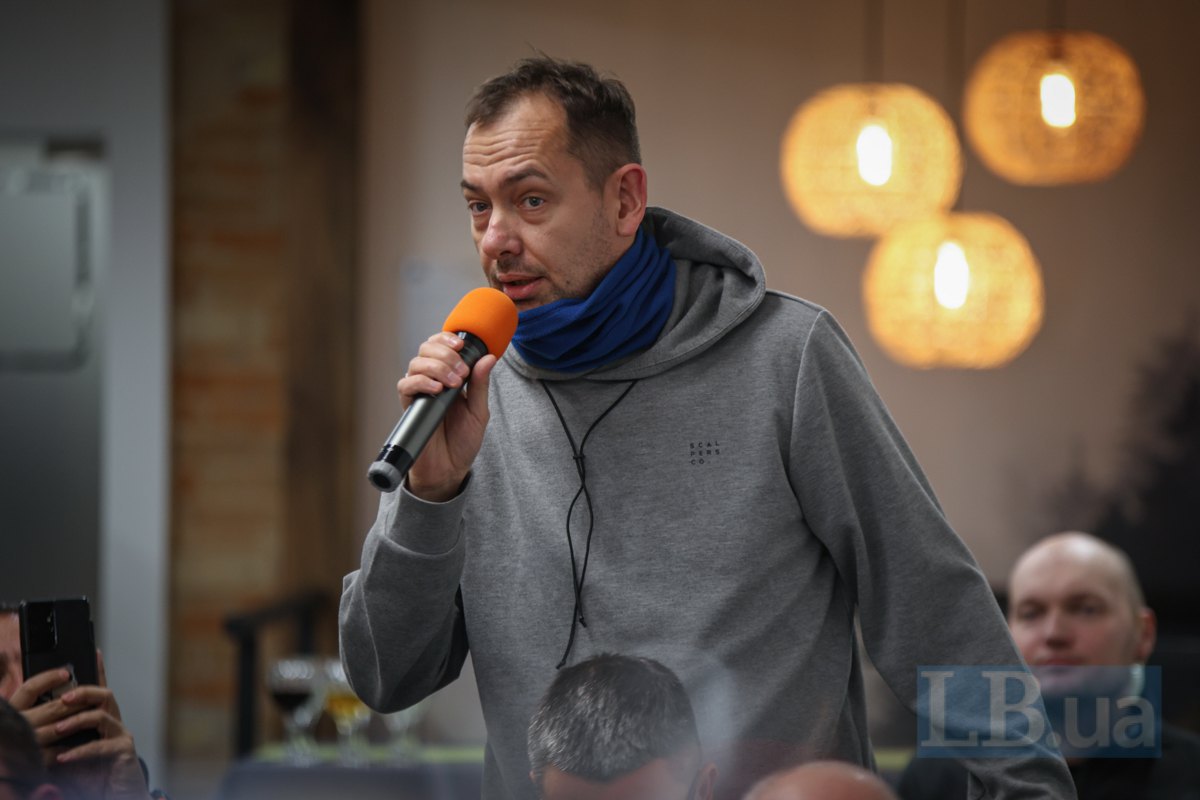
Ukraine has historically participated in many peacekeeping missions since regaining its independence. Both our partners and even our enemies acknowledge that Ukraine is now the largest military power in Europe.
Therefore, I believe Ukraine’s potential contribution to peacekeeping operations and to strengthening transatlantic security is welcomed by our partners. We can truly play a special role here. Generally, participation in peacekeeping operations enhances a country’s international role, making it more visible and prominent on the geopolitical map. For this reason, I see this as a strong position — it demonstrates the benefits of our military power and our possible contribution to transatlantic security.
Regarding contacts with the new administration, the head of the President’s Office, Andriy Yermak, recently visited Washington (and not only Washington), where he had important meetings, including with representatives of the new administration. Additionally, in Paris, President Zelenskyy engaged in a meaningful and substantive trilateral conversation with President-elect Trump.
Such meetings and contacts provide opportunities to present our position, offer compelling arguments, and update counterparts on the latest developments. This is exactly what is taking place.
Sonya Koshkina: Just to clarify: is there any information about a possible meeting between Trump and Putin before Trump’s inauguration or after?
There is no such information.
Lesya Zaburanna: Regarding the European dimension, how do you predict the finalisation of Ukraine’s agreement for EU membership? Which countries do you anticipate will be the most challenging in negotiations? How do you assess the chances of Ukraine’s accession to the European Union before a just peace is achieved in Ukraine?
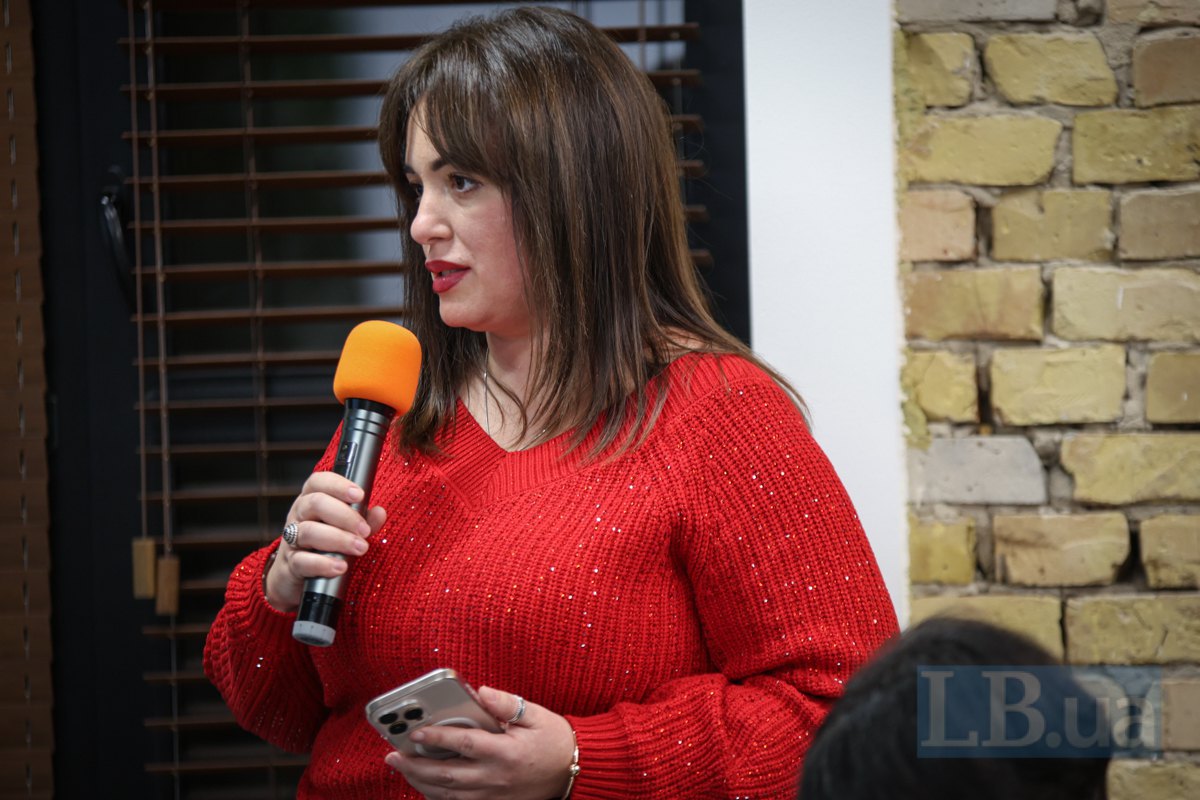
I would not associate achieving a just peace with our path to EU membership. These are unrelated matters. I am confident we will proceed quite quickly.
Now, regarding the countries that may pose challenges, experience from other nations pursuing EU membership shows that even the strongest diplomatic relations do not guarantee an absence of disputes, particularly in negotiations on specific economic issues. This is normal, and we are prepared for it. We already understand which countries might be the most difficult, especially those with significant agricultural sectors — our nearest neighbours in particular.
That is why we are proactively consulting and exchanging experiences. Many countries that have gone through similar stages on their path to EU membership have approached us to share their insights.
What is crucial is that our European partners acknowledge the pace and scope of the reforms Ukraine is implementing as part of its EU integration process.
Ministry of Unity and the return of Ukrainians home
Marharyta Sytnyk, co-founder of the Golka civic initiative, journalist and author of the Bridges of Ukraine project: Last week, the Verkhovna Rada appointed Oleksiy Chernyshov as Deputy Prime Minister of Ukraine and Minister of National Unity. This ministry, as announced, will focus on issues concerning Ukrainians abroad. However, the Ministry of Foreign Affairs and embassies already address many of these matters. Do you foresee potential disagreements or overlaps in functions?
Will joint plans now be developed, especially considering that the Ministry of Foreign Affairs is already working on a strategy for cooperation with the global Ukrainian community? What outcomes do you believe the Ministry of Unity should aim for, and what criteria will be used to evaluate its success?
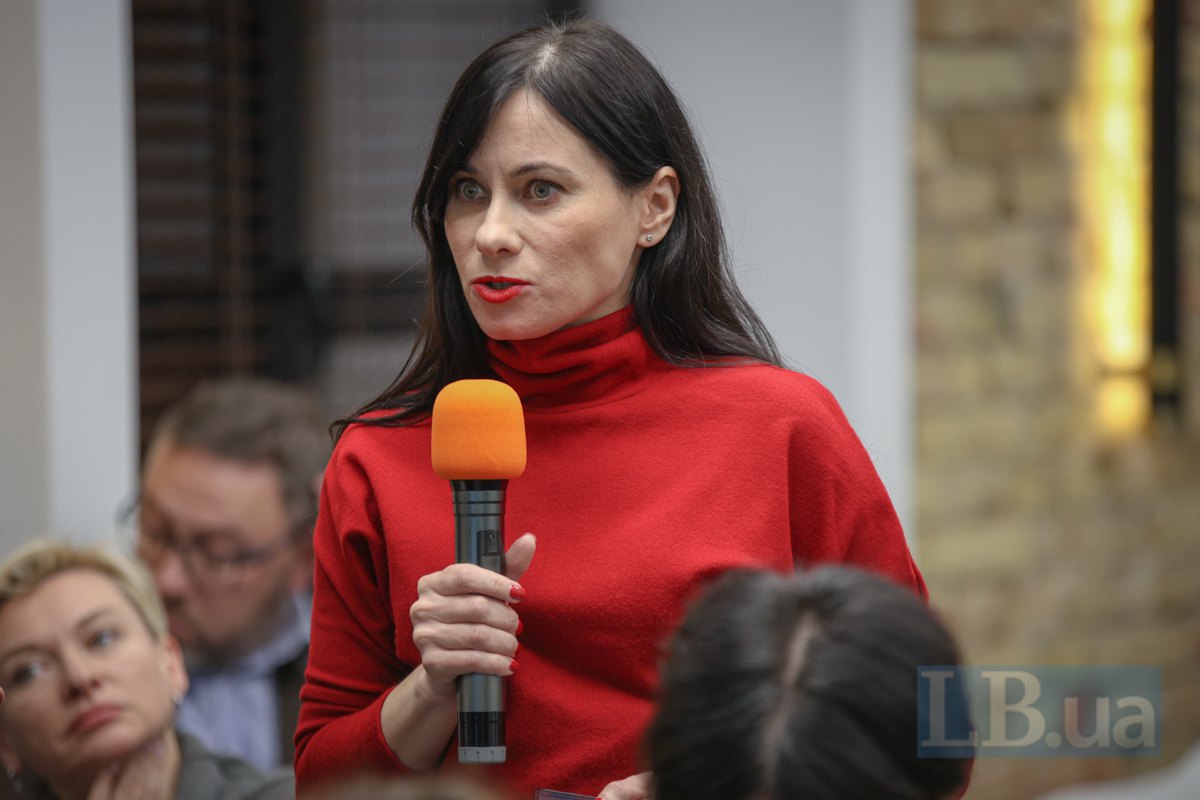
I am confident that we will have a good cooperation with the newly created ministry and the minister. We have already been in contact with Mr Chernyshov to discuss our collaboration. There are no disagreements, nor will there be, as our tasks are distinct.
The Ministry of Foreign Affairs, through the consular service, is focused on protecting the legitimate rights and interests of Ukrainian citizens abroad and ensuring the provision of specific consular services.
Let me remind you that, according to our data, there are currently 7.5 million Ukrainians living abroad. Therefore, we must ensure proper protection and consular services, particularly in handling documents. In the near term, we plan to introduce significant innovations to simplify and reduce bureaucracy for our compatriots abroad, fostering a sense of connection and care from their country. I am convinced we will achieve positive results.
The newly created ministry will concentrate on establishing favourable conditions for Ukrainian citizens to return home, both by improving the situation within the country and by providing the right motivation for those abroad to make such decisions. One step towards this goal will be the adoption of a law on dual citizenship, allowing people to maintain their ties with Ukraine.
China and its role in bringing peace to Ukraine
Iryna Fedoriv, head of Golka initiative: Everyone is now discussing the US-Russia-Ukraine format. Can we account for China’s interests in this combination? If so, how?
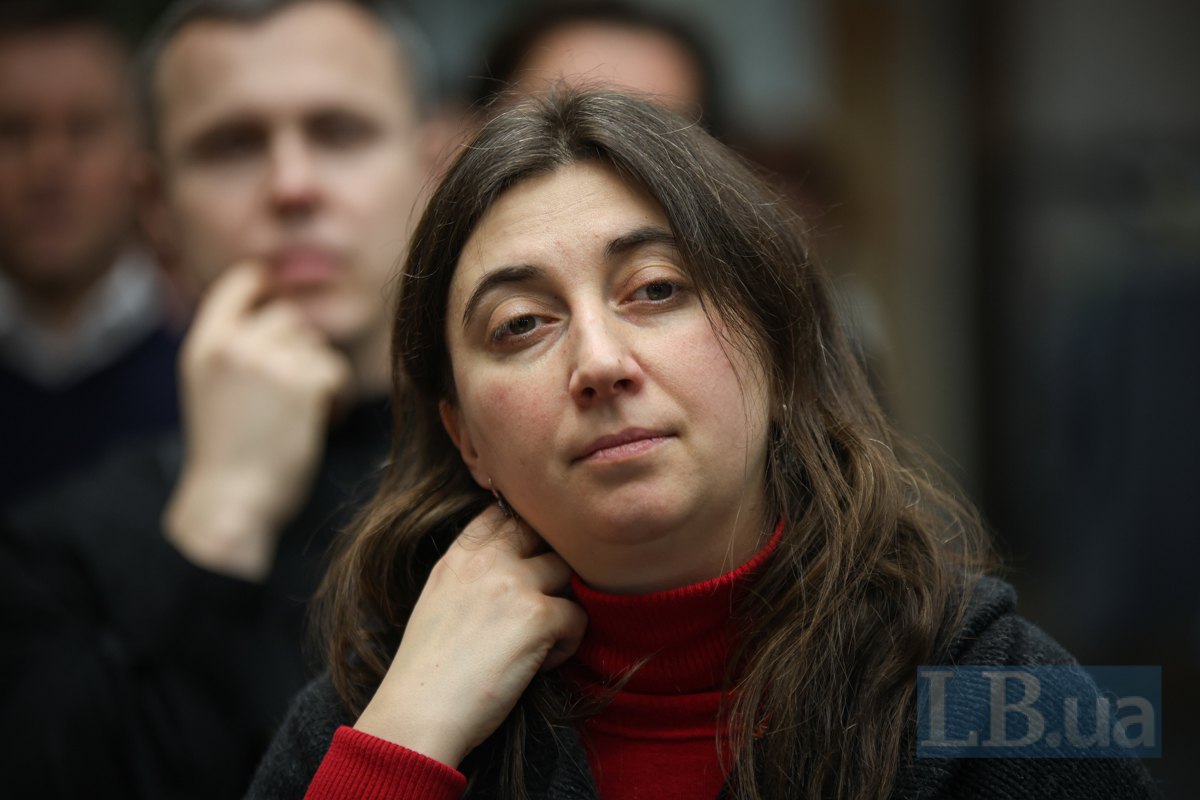
In my view, China’s participation and role are crucial for achieving a just peace in Ukraine. This is undeniable. China is one of the few countries with significant influence over Russia.
We are in contact with the Chinese side. For example, China’s response to Russia’s nuclear threats is highly significant. It is vital that China, along with other influential nations, reacts to Russia’s attacks on Ukraine’s nuclear power industry, as such actions expose the entire world to the risk of a nuclear incident.
Equally important is the reaction of nations like China and India regarding food security, particularly in restoring freedom of navigation in the Black Sea. For instance, China is currently Ukraine’s largest trading partner.
Olesya Zhulynska, head of Communications and Public Relations at PrivatBank:You recently met with the Chinese Foreign Minister at the UN General Assembly. Did you discuss their participation in any peacekeeping initiatives? Is it possible for China to take part in them?
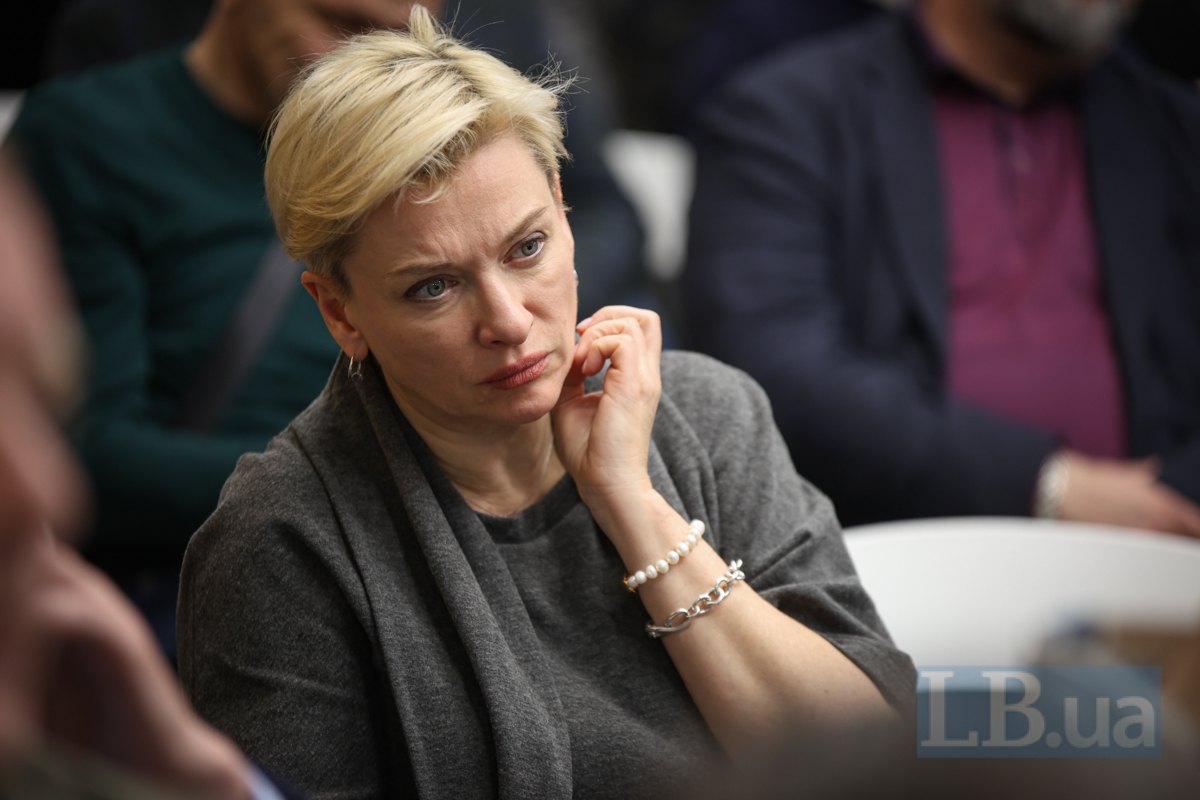
Yes, of course, we did. We discussed our Formula for Peace. We clearly assessed the Sino-Brazilian initiative and emphasised that it should not compete with our Formula for Peace and that any other initiative should avoid dividing the world.
We also called on the Chinese side to play an appropriate role in achieving a just and comprehensive peace in Ukraine. This was a key point of discussion, as was maintaining contacts at the appropriate level.
I would like to remind you that we have already held consultations at the deputy minister level, followed by a visit from our Minister of Foreign Affairs to China. We are interested in continuing this dialogue.
Olena Sotnyk, Ukraine Rassmusen Global, former MP: Since China tried to downplay the significance of the Peace Summit in Switzerland, given the initiatives it proposed — first a 12-point plan, then a shortened version that did not condemn Russia, its aggression, or address the de-occupation of Ukrainian territory — what do you see as China’s role in the peaceful settlement? Can it be constructive at all?
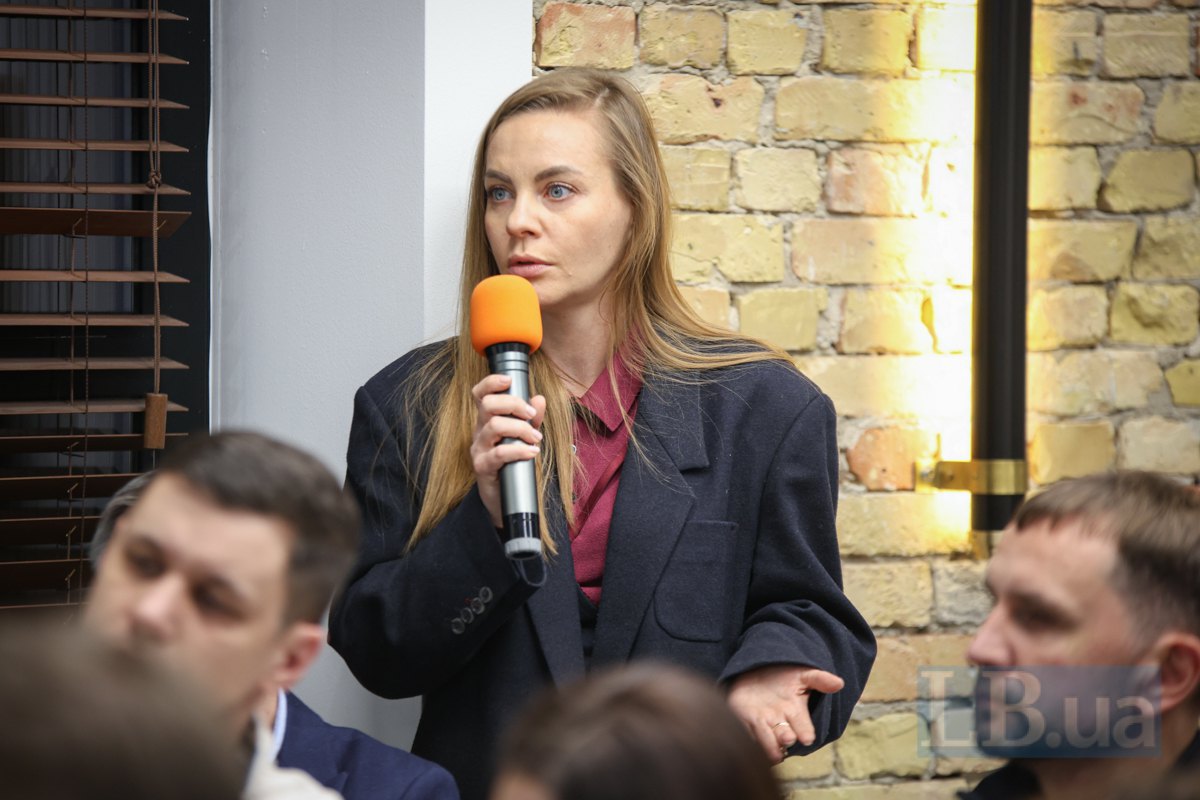
China publicly supports Ukraine’s territorial integrity and sovereignty. This is evident, among other things, in their initiative. We also believe that China’s role is important in achieving a just peace.
Looking at specifics where we can achieve concrete results, these include food security, nuclear security, and energy. Therefore, we are interested in their participation in implementing the Peace Formula.
Resolving historical disputes with Poland
Volodymyr Vyatrovych, MP, European Solidarity: Mr Minister, in your first 100 days in office, you have undoubtedly realised that history remains a sensitive topic in Polish-Ukrainian relations. In my opinion, this is unfortunate because it damages our understanding of the past and negatively affects modern Polish-Ukrainian relations. Do you see any opportunities to depoliticise this topic? Especially given the upcoming presidential elections in Poland, where one candidate is already actively exploiting it.

I believe that the good neighbourhood policy should be a fundamental priority for us. It is crucial to have allies and friends around our country while minimising or eliminating sensitive or toxic issues we may have with some nations.
Specifically regarding Poland, this country has been helping us in an unprecedented way since the first moments of the full-scale invasion — from society to government to state leadership. We deeply appreciate this support. However, we do face challenges related to painful chapters in our shared history. Our approach is clear and has been communicated to the Polish side: the depoliticisation of processes concerning our historical past.
These processes must be depoliticised and addressed at the expert level, as is appropriate. Discussions, where necessary, should be led by expert historians, removing such issues from the highest political level and keeping them out of election cycles. This approach aligns with our interests, particularly in defending our national and Ukrainian interests.
I am confident that we possess the diplomatic skill and political will to identify and implement mutually beneficial steps and solutions. This is in the interest of both nations, and we are making tangible progress in this direction.
Diplomatic work with the Global South
Roman Hryshchuk, MP, Servant of the People: Ten days ago, we held the first parliamentary summit between Ukraine and the countries of Latin America and the Caribbean. Fourteen countries, fifty delegates — including MPs, senators, and the Speaker of the Parliament of Belize — were represented, with Brazil, Mexico, and Chile among them. The question is: should we spend our already limited financial, human, and time resources on Latin America and the Global South? What can we gain, and which Latin American countries should we prioritise?
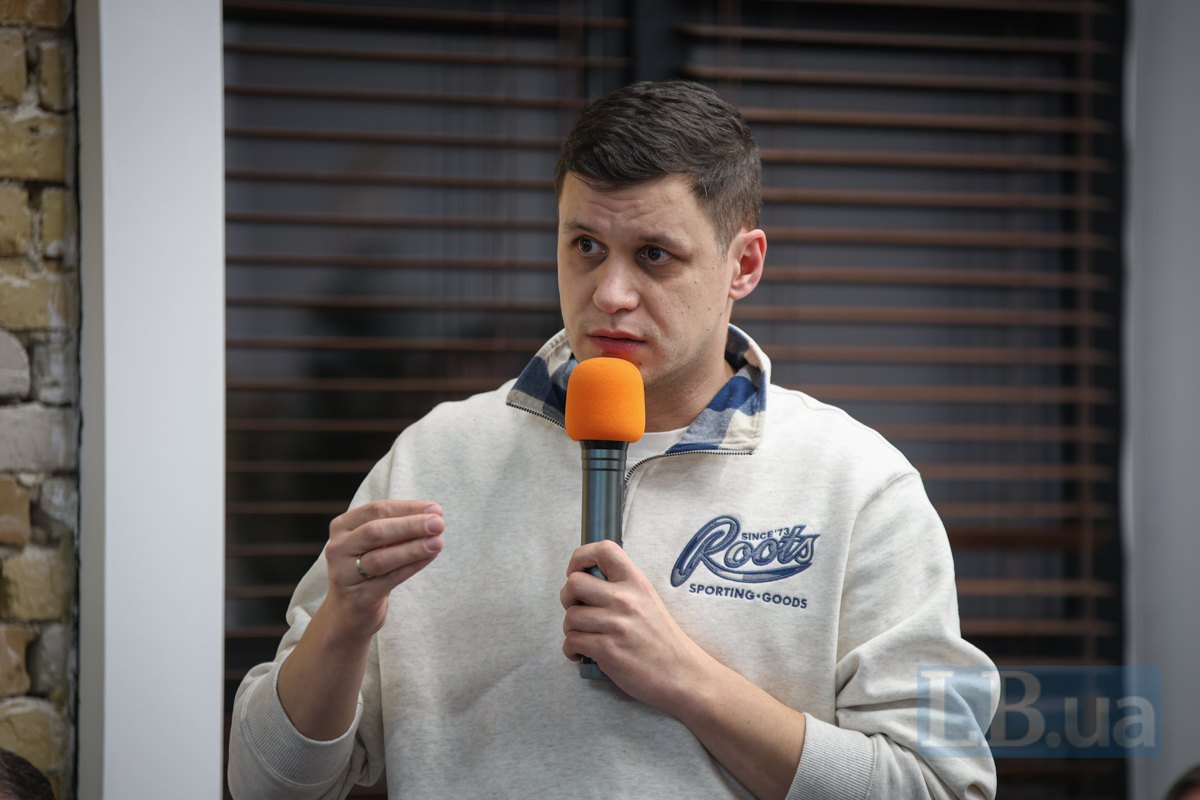
Definitely, yes — for both political and diplomatic reasons. This includes securing support within international organisations, gaining specific votes for Ukraine, and receiving concrete assistance. Even if a country does not provide military aid, there are many other ways it can support Ukraine and engage in mutually beneficial cooperation.
When looking at Latin America and the Caribbean, we are speaking of over 670 million people and a combined GDP of nearly $6 trillion. This presents significant opportunities for Ukrainian businesses to enter and compete in these markets. Moreover, we should not hesitate to explore how Ukraine can access necessary resources through mutually beneficial partnerships with countries in the Global South.
To this end, we plan to enhance our diplomatic presence in the region by opening new embassies and expanding our diplomatic staff. Inter-parliamentary engagement will also play an important role, as parliamentarians often enjoy greater freedom in their statements and can sometimes lead governments in adopting certain positions. We will strengthen bilateral relations with individual capitals in the Global South and engage with regional entities such as the African Union and Latin American organisations. These efforts will be underpinned by well-defined strategies and personnel decisions.
Georgia
Solomiya Bobrovska, MP, Holos Party: I cannot avoid asking about our friendly neighbour in the Black Sea basin — Georgia. Protests have continued for three weeks. The Georgian Dream party holds 88 out of 150 parliamentary seats. Our Verkhovna Rada has prepared a resolution to reject the election results. What is the Ministry of Foreign Affairs’ position? Do we recognise the parliamentary elections in Georgia?
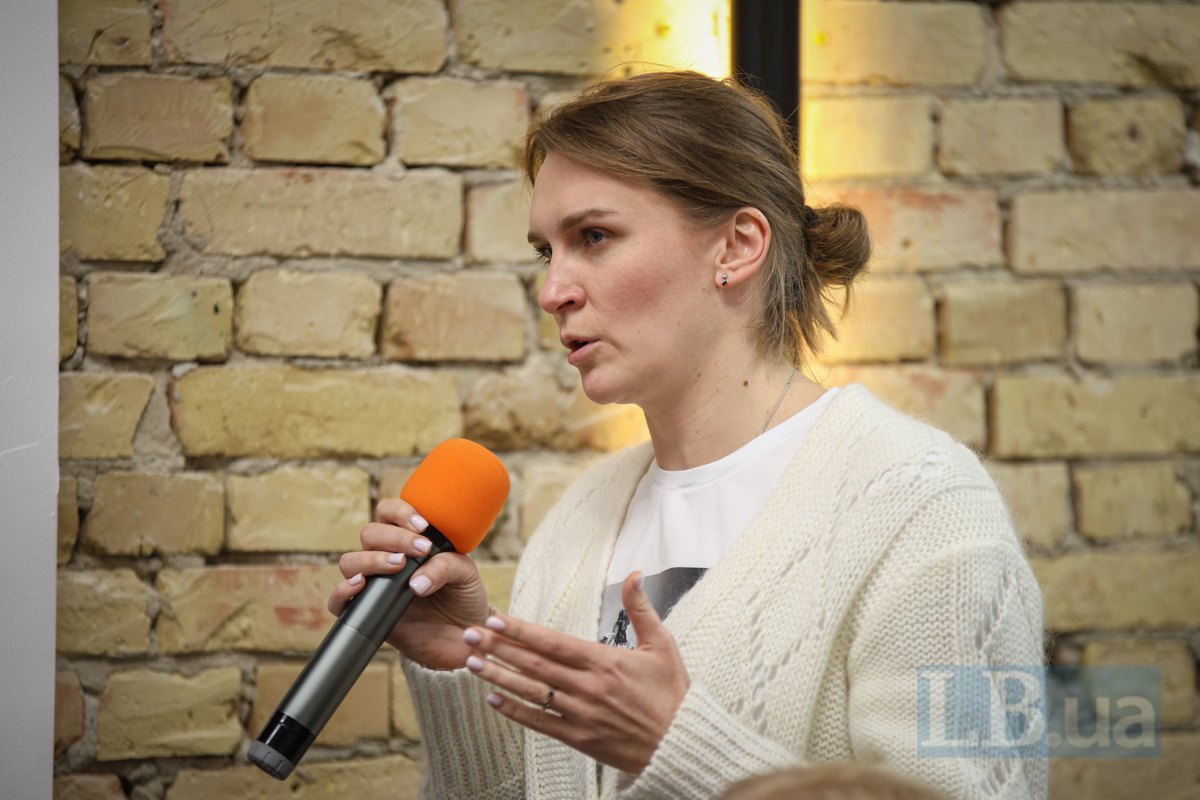
We share the views of international observers regarding the numerous violations during the October elections in Georgia. These violations have further deteriorated the situation in the country. We have strongly condemned ongoing developments in Georgia, including the rejection of the European track and the excessive use of force against protesters. These concerns have been addressed in our political statements, and sanctions have been imposed on Georgian officials involved in these violations.
Syria and the fall of the Bashar al-Assad regime
Bartosz Cichocki, former Polish Ambassador to Ukraine: Since the beginning of the Russian invasion, some countries and non-state actors have observed that Russia violates international law without repercussions. This includes Hamas and Azerbaijan, which previously attacked Nagorno-Karabakh, as well as North Korea. As a private citizen, I believe China’s tacit approval made Russia’s actions possible. Meanwhile, Assad’s regime in Syria is falling. What does this mean for Ukraine?
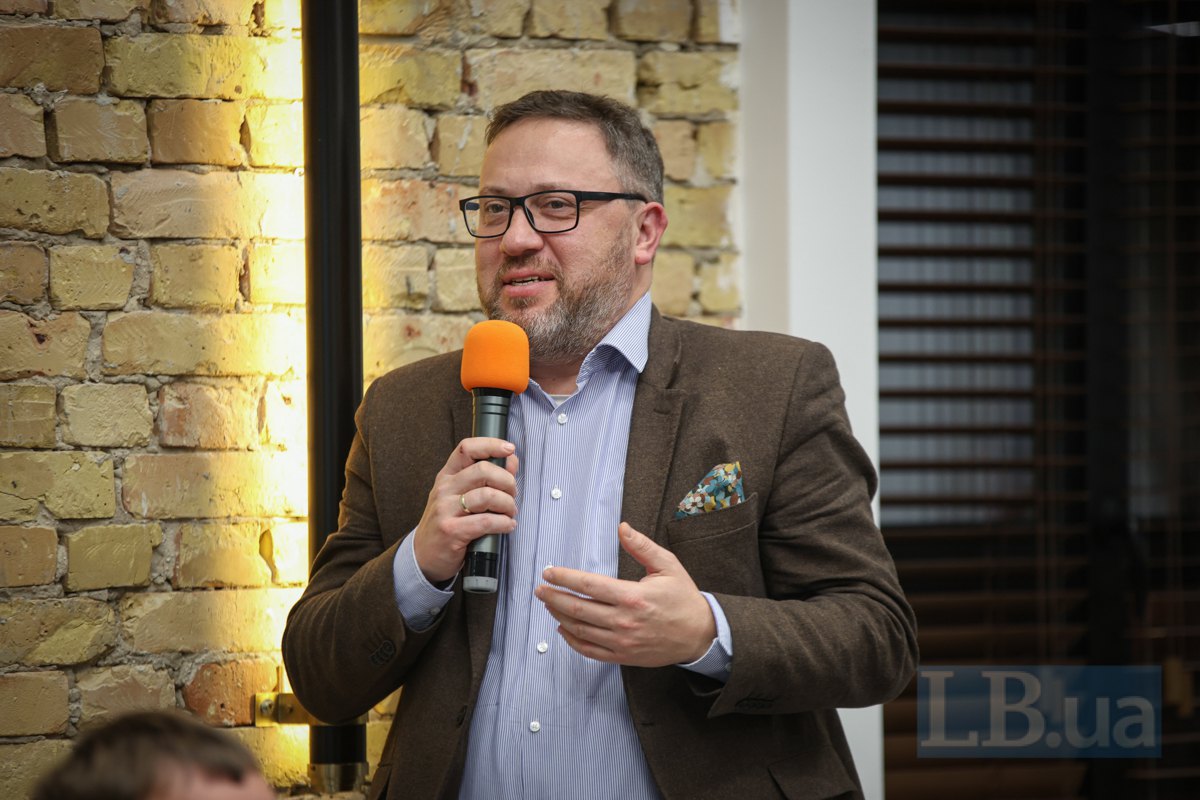
We have issued an official response to the events in Syria. The fall of the Assad regime signifies two things: firstly, it highlights Russia’s growing weakness; secondly, it demonstrates that every autocratic regime is ultimately doomed. During this period of transition, it is critical to prioritise the safety of citizens and ensure the functioning of institutions.
Let me remind you that Ukraine severed diplomatic relations with Syria under the Assad regime due to its alignment with Russia. Moving forward, we are open to resuming diplomatic ties, depending on the developments in Syria.








